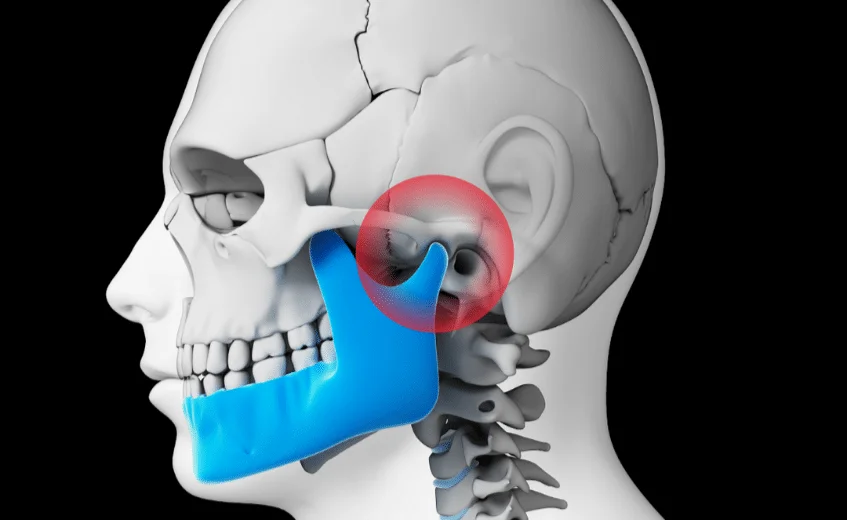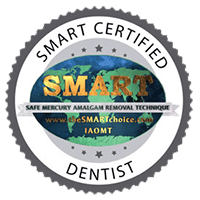Can TMJ symptoms come and go?
Yes! They often flare during stress, injury, or jaw strain. Even if they subside, it’s worth getting evaluated.
Will insurance cover TMJ treatment?
Some parts—like diagnostics or appliances—may be covered. We’ll help you check and understand your benefits.
Can TMJ issues affect my posture or balance?
They can! Jaw alignment is closely linked to head and neck posture. Many patients notice improvement with treatment.

OR Call (253) 863-7005
18008 State Route 410 East, Suite A
Bonney Lake, WA 98391
Dr. Carla Yamashiro, The Holistic Dentist
Ecologic Dentistry, PLLC







